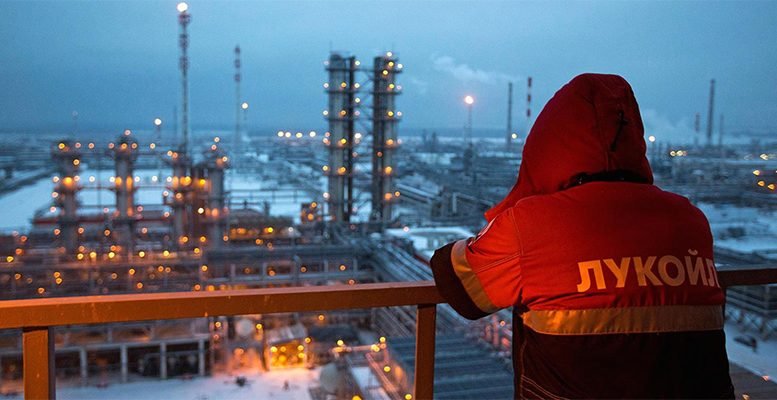
The Russian government has banned oil producers from exporting petrol until 31 August. The corresponding resolution was signed by the Russian Cabinet of Ministers.
"The decision was made to maintain stability in the domestic fuel market during the period of high seasonal demand and agricultural activity," the Russian government stated.
The dynamics, as fuel market participants say, are driven by insufficient supply on the exchange amid rising seasonal demand for oil products and ongoing refinery repairs.
In early March, the government extended an earlier ban on petrol exports by non-producers until 31 August. At that time, the restriction did not apply to exports carried out by petroleum product manufacturers.
Exchange petrol prices in June and July have shown volatility, with sharp increases in recent weeks. The Moscow Times says that wholesale petrol prices began rising sharply in April. "The price of AI-95 surged by 28% to over RUB 73,000 per tonne (approx. US$890), nearly breaking the all-time record set in the summer of 2023," the report said.
The publication adds that Russian oil and gas companies are facing challenges with the repair of refineries due to sanctions.
Sergei Tsivilenko, Russia’s Energy Minister, said the "disruptions" at refineries are linked to equipment supply issues. The equipment was included in the first round of European sanctions imposed in February 2022 after Russia’s full-scale invasion of Ukraine
Full story Russian government entirely bans petrol exports | Ukrainska Pravda